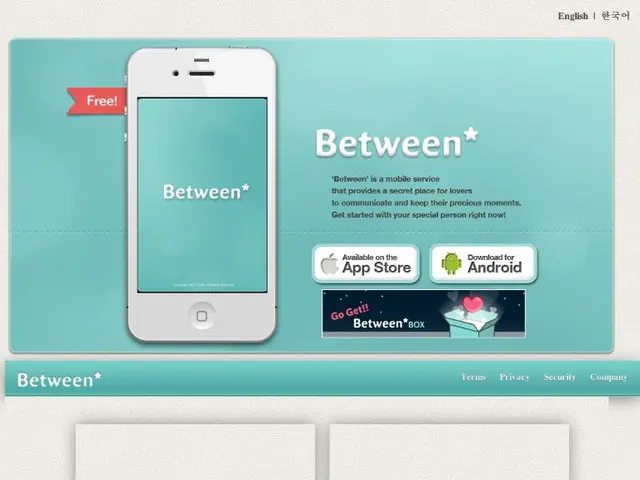Tech giant Google ventures into language learning market, challenging Duolingo with its own platform, dubbed as Google Teacher, under the project name Gemini
Google has taken a significant step forward in the digital language learning market with the introduction of AI-powered real-time translation and a personalized learning mode for its Translate app. The new features aim to challenge Duolingo and other language learning giants, and could potentially transform informal education as we know it.
The new system was developed with linguistic experts and is based on the latest language acquisition studies. It offers a seamless, integrated language learning experience within the same environment where users already search, translate, or make video calls.
Google's goal is not just to beat Duolingo, but to redefine how we understand language learning. The live translation function recognizes pauses, intonations, background noise, and language changes in real-time, making it ideal for real conversations and understanding culture – an area where traditional translation systems often fall short, according to Duolingo's criticism.
The Translate app provides language learning features without the need for separate installations or initial payments. Users can choose from four proficiency levels and practice everyday situations with active listening and oral practice elements. Potential premium tiers have been hinted at in screenshots, suggesting a future freemium strategy.
Google's Translate app is currently available in the United States, Mexico, and India, and will initially be available for English speakers learning Spanish and French, and for Spanish, French, and Portuguese speakers practicing English. The app offers its new AI-supported language learning features for over 70 languages such as Arabic, French, Spanish, Korean, Tamil, Vietnamese, and English.
If successful, Google's strategy could revolutionize the language learning market, which is valued at over 220 billion dollars globally. The company's aim is to compete for dominance in this market, following Google's injection of educational AI into everyday tools such as search engines, cameras, microphones, and personal assistants.
Duolingo currently leads the market with 748 million dollars in revenue and 14.3 million monthly downloads. However, Google's new Translate features, with their focus on real-time conversations and cultural understanding, could provide a compelling alternative for language learners worldwide.
Google's first traces of the code for the new features were already detected in April, indicating months of quiet work. The billion words translated monthly through Translate, Search, Lens, and Circle can be turned into a learning opportunity, optimizing AI for natural conversations in over 70 languages.
The new "Practice" mode teaches languages by simulating conversations, adjusting exercises based on the user's level, and providing AI-generated voice cues. This innovative approach could make language learning more accessible and engaging for millions of people around the world.
In conclusion, Google's introduction of AI-powered language learning features to its Translate app marks a significant shift in the digital language learning market. By focusing on real-time conversations and cultural understanding, Google aims to redefine how we learn languages and potentially transform informal education as we know it.
Read also:
- Peptide YY (PYY): Exploring its Role in Appetite Suppression, Intestinal Health, and Cognitive Links
- Aspergillosis: Recognizing Symptoms, Treatment Methods, and Knowing When Medical Attention is Required
- Nighttime Gas Issues Explained (and Solutions Provided)
- Home Remedies, Advice, and Prevention Strategies for Addressing Acute Gastroenteritis at Home





